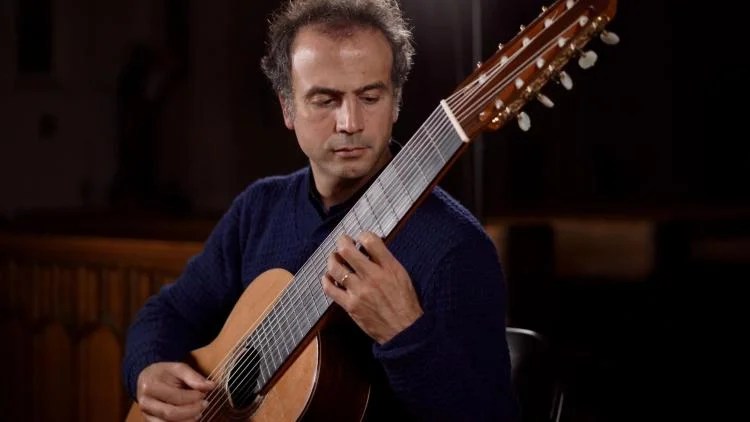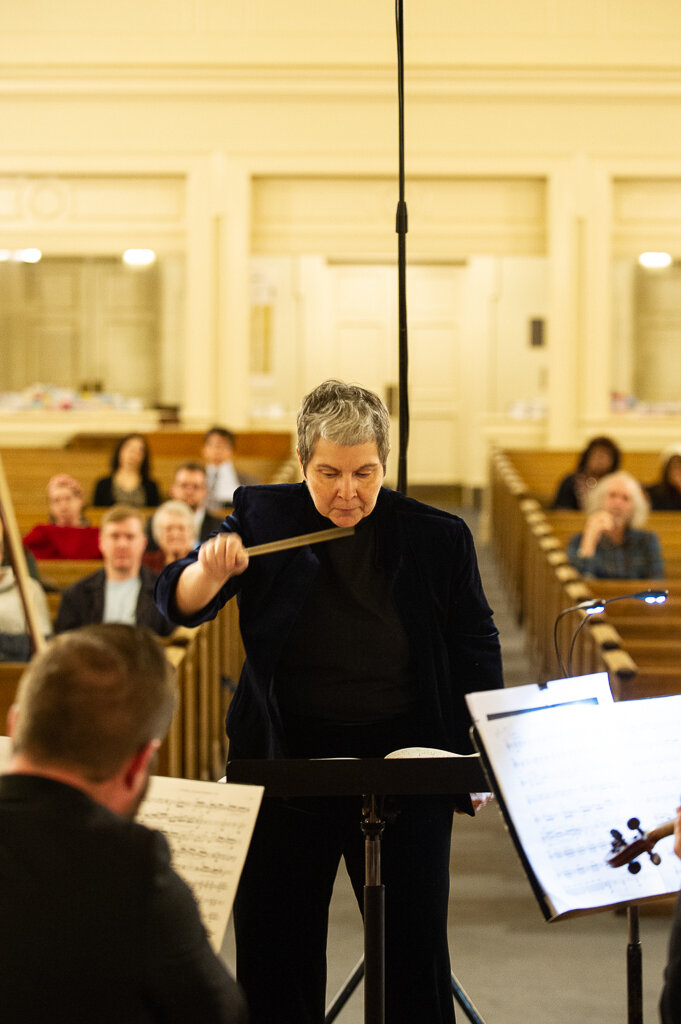Mini-Chamber 4 with pianist Hsing-ay Hsu and BCO members
By Peter Alexander April 2 at 11 a.m.
The Boulder Chamber Orchestra (BCO) will present their 2023-24 artist in residence, pianist Hsing-ay Hsu, performing with members of the orchestra on a mini-chamber concert Saturday (8 p.m. April 6; details below).
The performance, titled “Mixed Timbres,” will be the fourth and final mini-chamber concert of the 2023-24 season. The program features works for piano with clarinet and cello, with cellist Chas Bernard and clarinetist Kellan Toohey from the orchestra.
Beethoven’s Op. 11 is the earliest work on the program, and one of the earliest works for the combination of piano, clarinet and cello. It is sometimes known as the “Gassenhauer Trio,” taken from the popularity of the theme that Beethoven uses for variations in the final movement. In Vienna, a Gassenhauer (from Gasse, an alleyway) referred to a simple song that was so popular that it was heard all over town.
The theme Beethoven used was taken from a popular music theater work, L’amor marinaro (Seafaring love) by Joseph Weigl. The same tune was used for variations by several other composers, including Paganini and Johann Nepomuk Hummel.
Brahms’s Trio op. 114 is one of four chamber works the composer wrote for clarinet in the last decade of his life. All were written for the clarinetist Richard Mühlfeld, whose playing inspired Brahms to resume composing after he had planned to stop writing new pieces. Brahms’s admiration for Mühlfeld’s playing was reflected in the comment of one of the composer’s friends who wrote that in the Trio, “it is as though the instruments were in love with each other.”
Like the Trio of Brahms, Fauré’s D minor Trio was one of his last compositions. Although Fauré originally planned the Trio for piano, clarinet and cello, it was published as a traditional piano trio, with violin in place of the clarinet. In that form it was premiered in 1922 by the leading piano trio of the time, that of Alfred Cortot, Jacques Thibaud and Pablo Casals. The BCO Mini-Chamber performance of the first movement restores the instrumentation that Fauré first imagined for the trio.
Emily Rutherford’s “Morning Dance” for piano, clarinet and cello was commissioned by BCO clarinetist Kellan Toohey in 2017. A native of Colorado, Rutherford is a graduate of Westmont College in Santa Barbara, Calif., and the Longy School of Music in Los Angeles. Her works have been performed in California and by Denver’s Stratus Chamber Orchestra.
# # # # #
“Mixed Timbres,” BCO Mini-Chamber 4
Hsing-ay Hsu, piano, Chas Bernard, cello, and Kellan Toohey, clarinet
- Faure: Trio in D minor, I. Allegro ma non troppo
- Beethoven: Trio in B-flat for piano, clarinet and cello, op. 11
- Brahms: Trio in A minor for piano, clarinet and cello op. 114
- Emily Rutherford: “Morning Dance” (2017)
8 p.m. Saturday, April 6
Boulder Seventh-Day Adventist Church, 345 Mapleton Ave.




